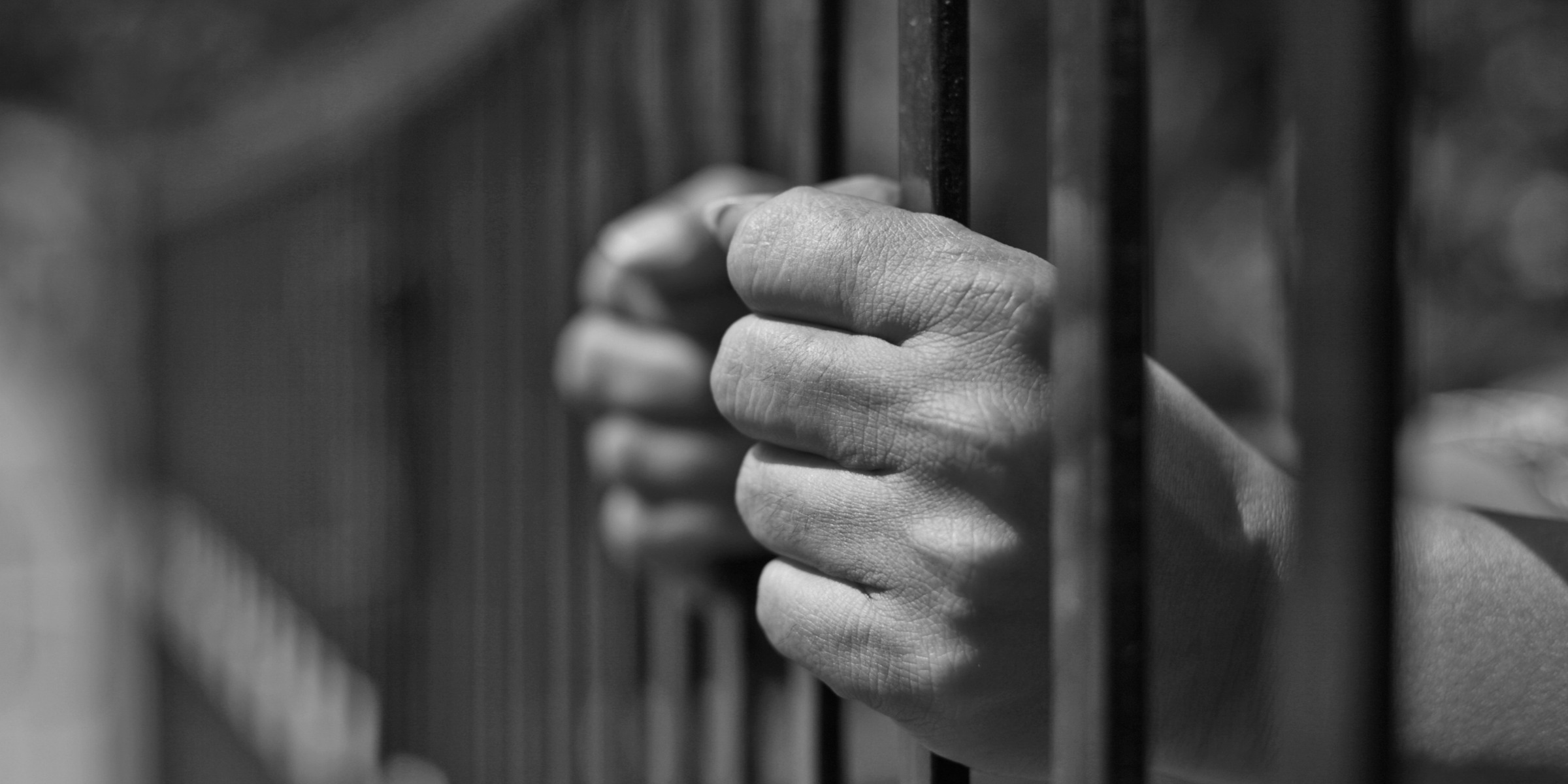The concept of bail is well-known, but the specific process of how bail amounts are set can be a mystery to many. When someone is arrested, they may have the option to post bail to secure their release from custody until their court date.
Bail is essentially a financial guarantee that the accused will appear in court for their trial. However, not all defendants are granted bail, and for those who are, the amount can vary widely depending on various factors. In this blog post, we will explore the process of how bail amounts are set and the factors that can influence the decision.
The Initial Arrest and Booking
When a person is arrested, they are taken to a police station or jail for booking. During this process, their personal information is recorded, fingerprints are taken, and photographs (mugshots) are captured.
The arresting officer also conducts a background check to see if the person has any outstanding warrants or previous criminal history. The seriousness of the alleged crime and the individual's past criminal record can play a role in the bail amount decision.
Bail Schedule
In some jurisdictions, a bail schedule sets standard bail amounts for specific offenses. A bail schedule is a pre-determined list that outlines the bail amount for various crimes. For example, a misdemeanor charge may have a set bail amount of $1,000, while a felony charge may have a higher amount, such as $10,000 or more. The bail schedule can vary from county to county and state to state.
The Judge's Discretion
While a bail schedule provides a general guideline for setting bail amounts, the judge ultimately has the discretion to deviate from the schedule based on specific circumstances. During a bail hearing, the judge will consider various factors before determining the appropriate bail amount. These factors may include:
- The nature and severity of the alleged crime
- The defendant's criminal history, if any
- The defendant's ties to the community (e.g., family, employment)
- The defendant's financial resources
- The risk of flight (likelihood of the defendant not appearing in court)
- The risk to public safety if the defendant is released on bail
Flight Risk and Public Safety
One of the primary considerations for setting bail is the risk of flight. If the judge believes that the defendant is likely to flee and not appear in court for their trial, they may set a higher bail amount to discourage flight.
Factors that may indicate a flight risk include a lack of ties to the community, a history of not appearing in court for past cases, or possessing significant financial resources that could facilitate fleeing.
Additionally, the judge will consider public safety when setting bail. Suppose the alleged crime is particularly violent or poses a significant risk to others. In that case, the judge may charge a higher bail amount or even deny bail altogether to protect the community.
Ability to Pay
The Eighth Amendment to the United States Constitution prohibits excessive bail, which means that the bail amount should not be set at a level that is unreasonably high and beyond the defendant's financial means.
Bail is not meant to be a punishment but rather a way to ensure the defendant's appearance in court. Therefore, the bail amount should be reasonable and fair based on the individual's ability to pay.
Hiring a Bail Bondsman
In many cases, defendants and their families may not have the financial resources to post the full bail amount. In such situations, they may seek the services of a bail bondsman. A bail bondsman is a third-party individual or company that posts the bail amount on behalf of the defendant in exchange for a fee, typically a percentage of the total bail amount.
The defendant or their family pays the fee to the bail bondsman, and the bondsman assumes the responsibility of ensuring the defendant's appearance in court. If the defendant fails to appear, the bondsman may be required to pay the full bail amount.
Bail Bonds with Big Mike
In conclusion, the process of how bail amounts are set can be complex and depends on various factors. It is essential to understand the bail process and seek the guidance of legal professionals to navigate this critical aspect of the criminal justice system.
With the correct information and resources, defendants can have peace of mind knowing that help is available if needed. For more information on bail bonds, contact Big Mike today for bail bond assistance in North Carolina.

September 11, 2023
